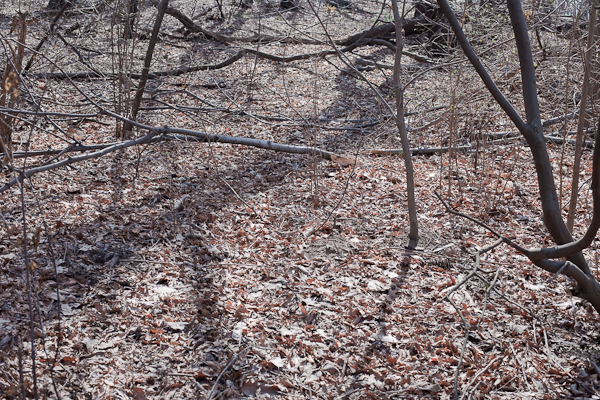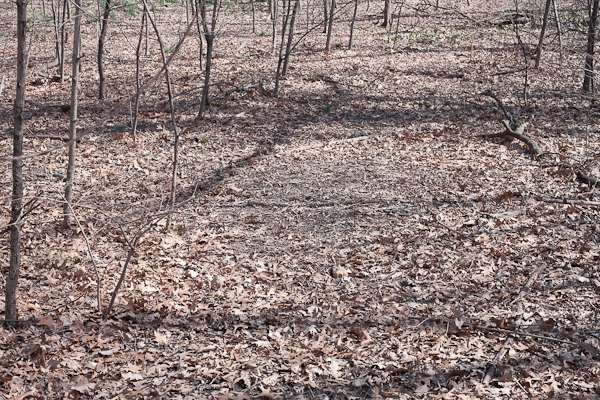Aesthetics and its discontents

This week in class we mulled over aesthetics. I don't like that word. Actually, I like the way it looks, especially the freaky kerning of the 'a' and the 'e' in some fonts. And I like the way it flutters from my mouth and ends in a crunch. But I definitely don't like the modern connotations of rules and judgment that crowd along beneath the surface every time we use it. I also don't like the way it's become a cliche for saying nothing at all when we talk about pictures.
Here's how it rolls for me, but we have to rewind a bit to get there:
As a concept with deep roots the word 'aesthetics' can be anchored in the Greek to mean 'perception.' But beginning a few hundred years ago and stretching to today it's evolved to stand at the apex of an entire system of thought that strives to separate what we do from who we are, how we make meaning from how we live meaningfully, and (most notoriously, to my mind), who can access the beautiful from those who dissect the desire for beauty.
It rankles me in several ways, and throws me into dizzy tangents, when what I really want to focus on is the picture-making process. In class and afterward my goal in bringing up the word itself is to neutralize and reinvigorate the concept of meaning based on perception, especially as it pertains to the apparatus of the camera and our contemporary drive for camera-pictures.
Feel the frame. This is the short-hand slang we use on set and with each other. If you point your camera at a chicken I will probably see a chicken. Same with your daughter's birthday cake. But when I want to unravel the subtler spaces between thought and action, between my experience and your connection with it, what should I do?
The difference between prescription and description is the difference between childhood and adulthood, between sixth grade and graduate school, and between what you thought you wanted to learn when you started this class and what I want to coax you toward. In other words, I'm not going to tell you what to do. I'm not going to give you rules of composition (another word I don't like: not even how it sounds).
Instead this week I tried to unfold some principles like balance, symmetry, and flow, and to suggest a starting point around visual dynamics and stasis. My hope is that this stream of thought will lead to exploration, experimentation, and play; and a rich conversation about meaning. If we can be patient and let ourselves learn from each other, that is.
For me, photography matters because pictures rooted in perception can sometimes activate feeling, which leads to experience and, ultimately, to meaning. This is what I want to show you.

If the ideas in this ramble tweak your interest, you might be game for Larry Shiner's most excellent The Invention of Art. If you're not an art history buff (and even if you are!) look instead to Zoe Strauss and her pictures that scrape beauty from the raw experience of walking across the face of the planet.
Feel the frame, Luke.
Comments